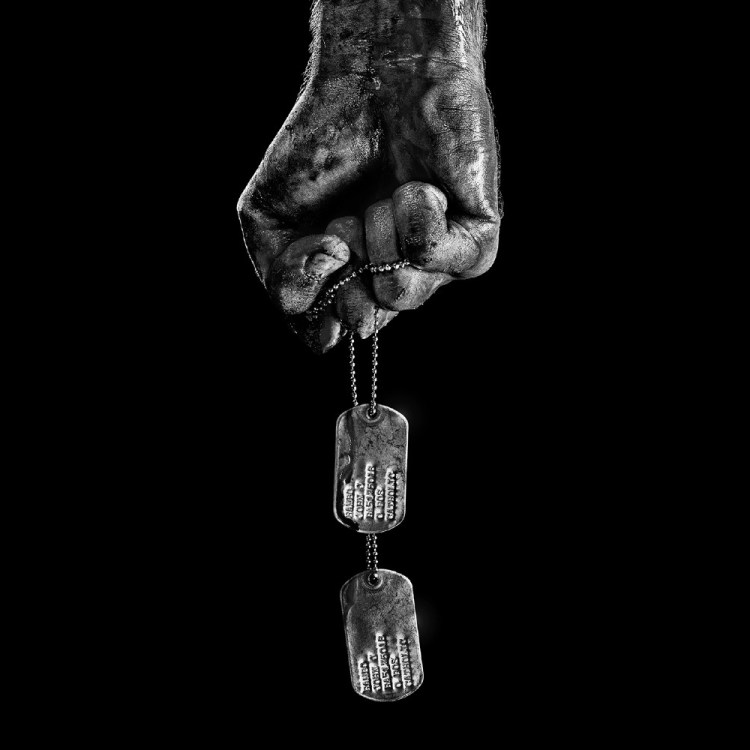There has been a lot of talk about poor box office sales and attendance, but Christopher Nolan doesn’t seem worried. His film Dunkirk garnered massive critical acclaim and grossed $524 million worldwide, according to Variety. But fame wasn’t Nolan’s goal, which is why he released the World War II drama during the summer.
“We saw it as an entertainment, albeit one that’s intense and suspenseful,” said Nolan. “We wanted it to reach the widest audience possible, and that happens in summer.”
Dunkirk puts viewers right in the middle of one of the turning points of WWII: When the British face total annihilation from the Nazis. The film was shot with Imax cameras and presented in 70mm, and has been called a different kind of war film. For one thing, there is a lot less blood. For another, it is one of the few movies about war to focus on the minutiae of military life. Nolan himself says that he didn’t see it as a “war film. I viewed it as a survival story,” he told Variety.
Before shooting, Nolan got advice from Steven Spielberg, who directed his own WWII epic, Saving Private Ryan.
“Knowing and respecting that Chris is one of the world’s most imaginative filmmakers, my advice to him was to leave his imagination, as I did on Ryan, in second position to the research he was doing to authentically acquit this historical drama,” Spielberg told Variety.
Nolan also used his own personal memories from a harrowing boat trip he and his wife Emma Thomas took across the English Channel. A pleasant cruise turned into a 19-hour battle with the elements, reports Variety. So Nolan instead called upon this experience and took out the backstory of all the soldiers in Dunkirk. What mattered to Nolan was showing how they reacted to bombs being dropped on them, not whether or not they had a wife back home.
Nolan still likes to see movies in theaters, and thinks that there are economic reasons not to mess up a system that’s been working for decades.
“Every other industry, whether it’s the car industry or whatever, controls when a product is launched. The idea that the film business should forget that and just throw everything together at the same time makes no sense,” Nolan said, according to Variety. “It’s not good business, and people will realize that eventually.”
This article appeared in an InsideHook newsletter. Sign up for free to get more on travel, wellness, style, drinking, and culture.























